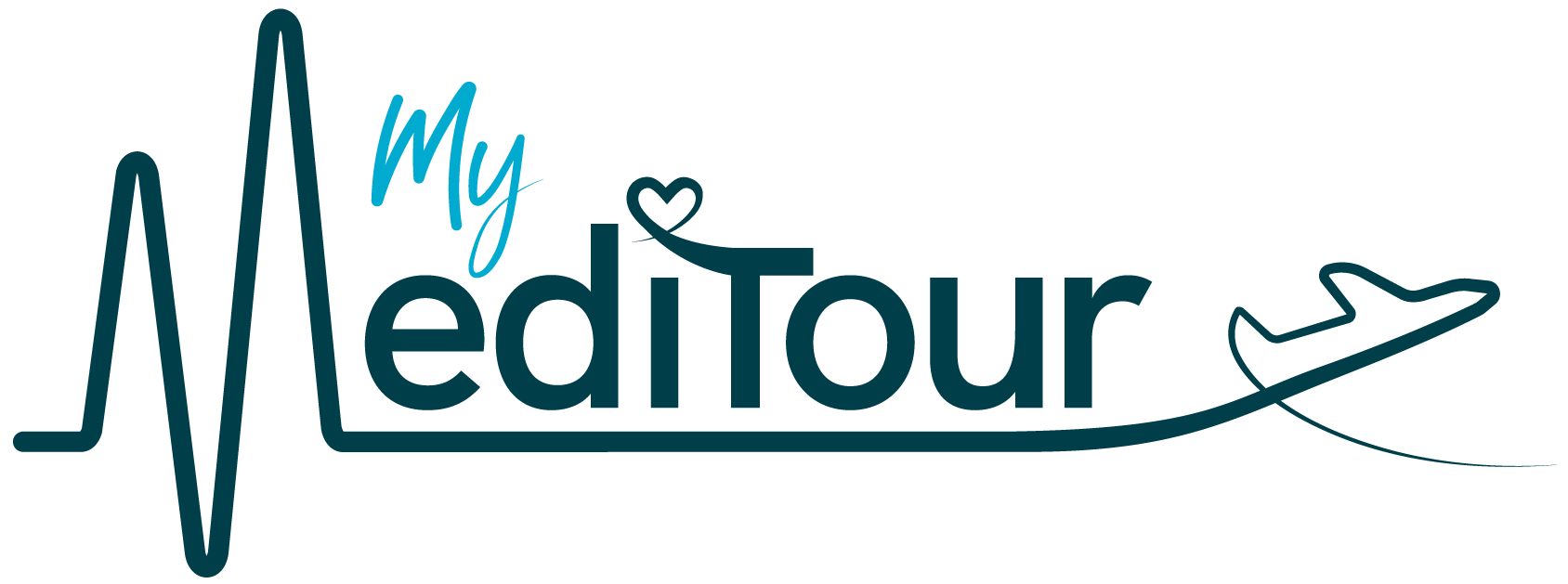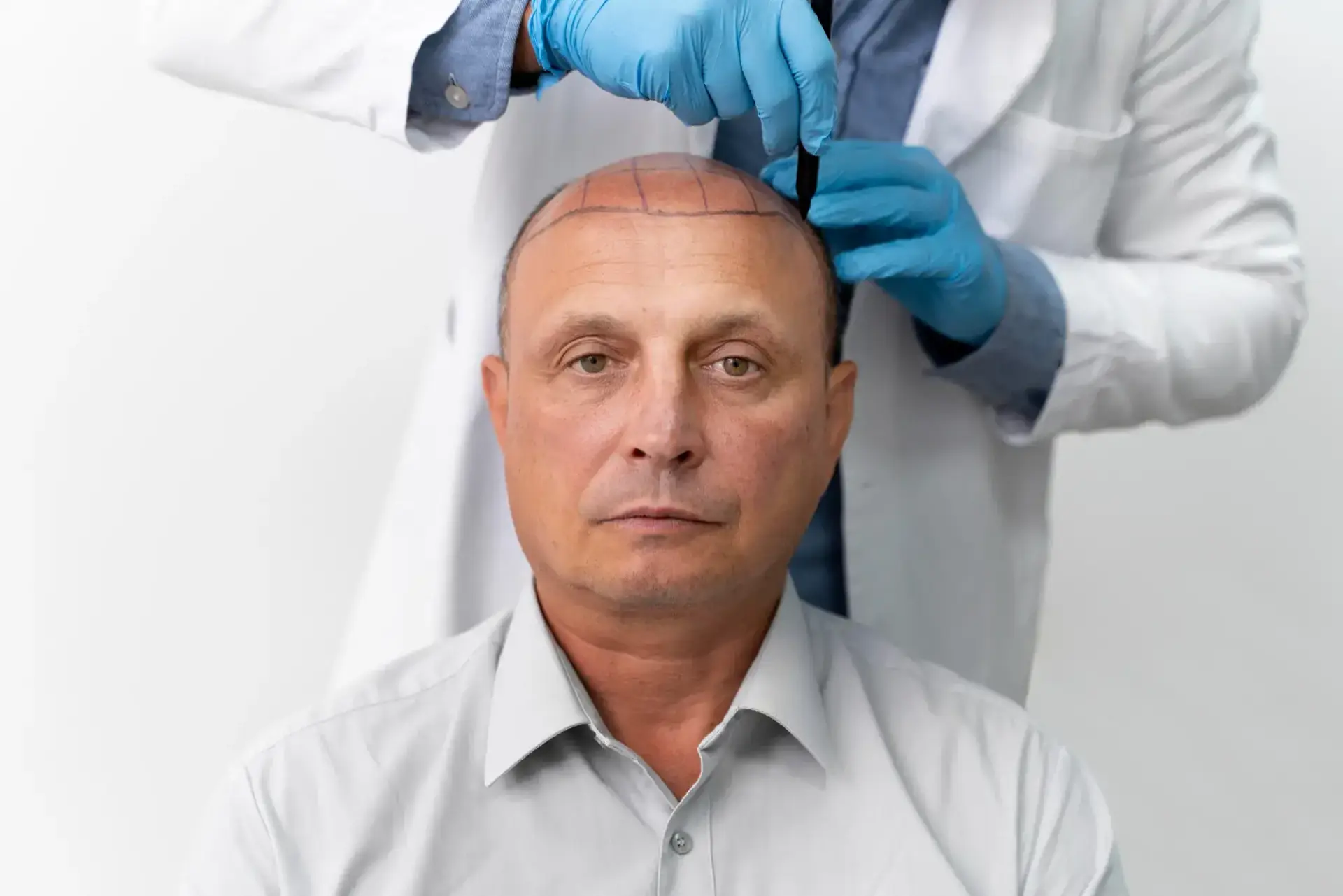Hair transplant tourism is one of the most popular trends in aesthetic medicine, with Brazil and Turkey emerging as leading global destinations. Both countries attract thousands of patients each year for affordable, high-quality hair restoration procedures. While Brazil is known for its advanced cosmetic expertise, Turkey has become the world’s capital for cost-effective and high-volume hair transplants. This article compares Hair Transplant in Brazil vs Turkey in terms of cost, techniques, recovery, results, and patient experience, helping you decide where to achieve the most natural outcome.
1. Hair Transplant Cost Comparison: Brazil vs Turkey
Hair transplant cost in Brazil: $3,000–$6,000
Hair transplant cost in Turkey: $1,500–$3,500
When comparing overall affordability, Turkey offers some of the lowest prices for hair restoration without compromising quality. The lower operational costs and higher patient volume make Turkey’s clinics more economical for international patients, while Brazil maintains higher costs due to local healthcare pricing and aesthetic market demand.
Cost Factors Include:
- Technique used (FUE, DHI, FUT)
- Number of grafts (average 2,500–4,000)
- Surgeon’s expertise and team size
- Post-surgery care and recovery package
2. Quality and Expertise of Surgeons
Both Brazil and Turkey are home to board-certified surgeons trained in international standards.
- Brazil: Known for aesthetic artistry and cosmetic precision. Brazilian surgeons often integrate hair design with facial balance for natural outcomes.
- Turkey: Surgeons perform thousands of cases annually, gaining unmatched hands-on experience and procedural efficiency.
Verdict: Turkey leads in experience volume; Brazil excels in artistic approach.
3. Techniques Used: FUE, DHI, and FUT
The most common procedures in both countries include:
- FUE (Follicular Unit Extraction): Most popular; minimal scarring.
- DHI (Direct Hair Implantation): Newer method offering faster recovery.
- FUT (Follicular Unit Transplantation): Less common now due to scarring risk.
Turkey’s Advantage:
Most Turkish clinics specialize in FUE and DHI using advanced tools at affordable prices.
Brazil’s Strength:
Surgeons emphasize customized design and higher-end DHI procedures for premium clients.
4. Hair Transplant Results and Success Rates
- Brazil: 90–95% graft survival rate
- Turkey: 95–98% graft survival rate
Turkish clinics achieve consistently high success rates due to their specialized focus on hair restoration and state-of-the-art medical infrastructure catering to global patients.
5. Patient Experience and Medical Tourism Support
Turkey:
- Airport pickup, hotel stay, and translator services included
- English-speaking teams
- Seamless experience designed for international visitors
Brazil:
- Personalized approach and luxury clinic environments
- Strong focus on aesthetic details
- Limited packages for international patients
Overall: Turkey provides a more streamlined and affordable medical tourism framework.
6. Recovery Time and Aftercare
- Initial recovery: 7–10 days in both countries
- Final results visible: After 9–12 months
Turkey: Many clinics provide complete aftercare kits and online follow-ups.
Brazil: Offers personalized post-surgery support, often with longer in-clinic recovery.
7. Natural Results and Aesthetic Design
Brazilian hair surgeons are often trained in aesthetic and reconstructive surgery, giving them an artistic edge in creating natural hairlines. Turkish surgeons, however, have perfected the density and large graft coverage techniques, producing equally realistic results at lower cost.
Summary:
- Brazil: Natural artistry and aesthetic shaping
- Turkey: Density and full coverage with affordability
8. Travel and Accommodation for International Patients
Turkey: Offers all-inclusive packages with 4–5 star hotel stays for as low as $2,000 total.
Brazil: Patients need to book travel and accommodation separately, with total trip costs averaging $4,000–$7,000.
Travel Tip: Choose a medical tourism platform like MyMediTour to plan your trip securely and get verified clinic options at transparent prices.
9. Pros & Cons of Hair Transplant in Brazil vs Turkey
| Feature | Brazil | Turkey |
|---|---|---|
| Average Cost | $3,000–$6,000 | $1,500–$3,500 |
| Quality of Surgeons | Excellent aesthetic surgeons | Highly experienced specialists |
| Tourism Packages | Limited | Comprehensive & affordable |
| Success Rate | 90–95% | 95–98% |
| Ideal For | Premium experience seekers | Budget-conscious international patients |
10. Which Country Is Best for Hair Transplant?
If cost and convenience are your priorities, Turkey is the clear winner — offering the most affordable prices, comprehensive care, and top-tier results. Brazil, however, remains ideal for those who value aesthetic artistry and a luxurious medical setting.
FAQs
1. Is a hair transplant cheaper in Turkey or Brazil?
Turkey is significantly cheaper, with costs starting from $1,500 compared to $3,000 in Brazil.
2. How many grafts do most patients need?
Most patients require between 2,500–4,000 grafts for full coverage, depending on hair loss level.
3. Are Turkish hair transplants safe?
Yes, Turkey follows international medical standards, and thousands of successful procedures are performed monthly.
4. How long do results last?
Results are permanent as transplanted follicles are resistant to hair loss.
5. Which country offers better packages for foreign patients?
Turkey offers the most comprehensive packages including hotel, transport, and translator services.
Conclusion
When comparing Hair Transplant Brazil vs Turkey, both nations deliver exceptional results, but Turkey stands out for its affordability, experience, and complete medical tourism infrastructure. For international patients seeking reliable, cost-effective solutions, MyMediTour helps you find trusted clinics, verified surgeons, and transparent treatment packages worldwide.




